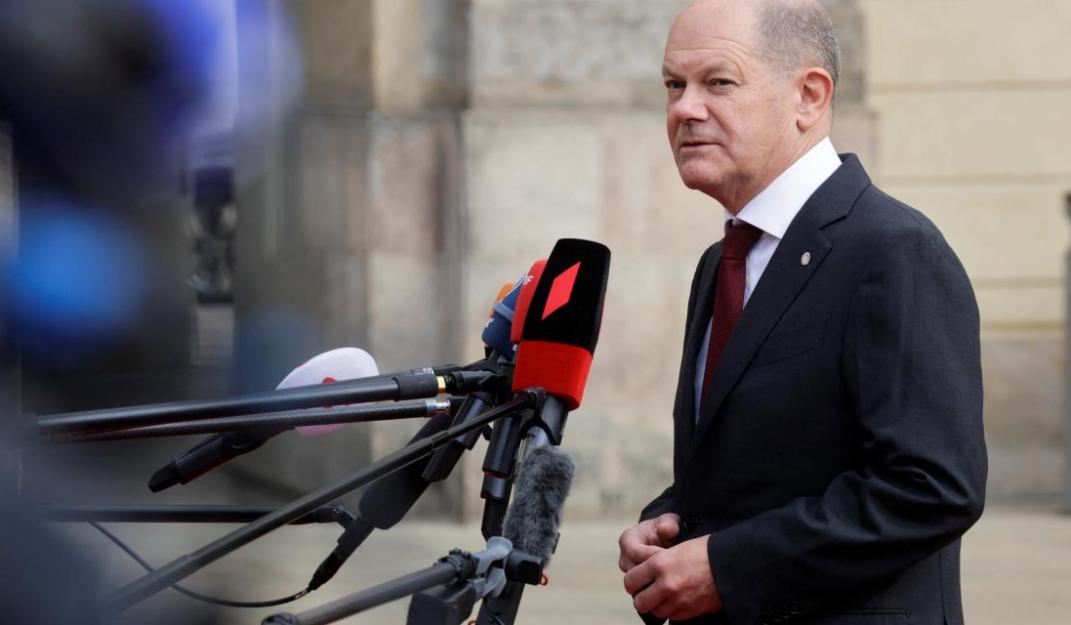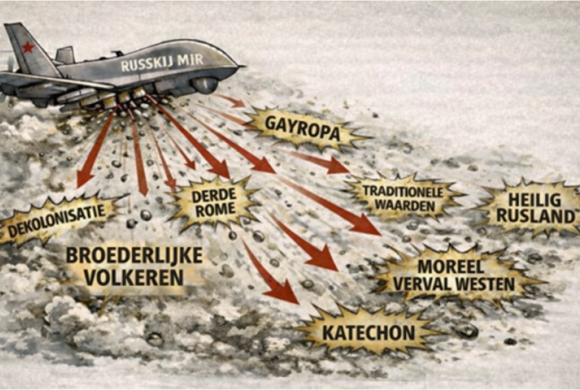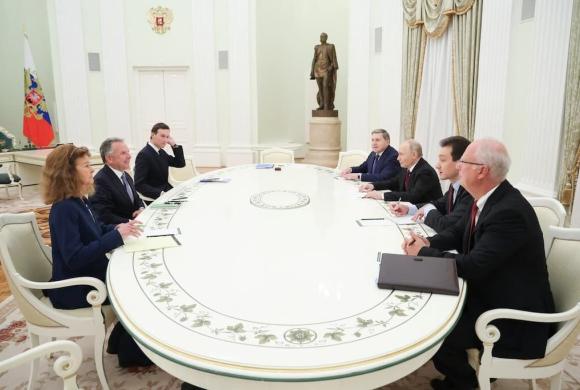
Zeitenwende with the brakes on
More than most Western European countries, Germany appears especially affected by the Ukraine war. Faced with Russia’s invasion of Ukraine, Germany finds itself in a state of geopolitical shock. Its foreign and security policy, built upon such principles as ‘militärische Zurückhaltung’, ‘Wandel durch Handel’ and a conciliatory ‘Ostpolitik’ towards Moscow, is outdated and unfit for the strategic challenges of the 2020s. Under great internal and external pressure, Germany is undergoing a process of soul searching over the direction of its foreign and security policy, the so-called ‘Zeitenwende’. But the outcome is by no means certain. However, even if the watershed in Germany’s foreign and security policy does not meet initial expectations, the shifts could be substantial and likely to have profound implications for the EU and the Netherlands.
Read the report here.

Clingendael Institute
Clingendael is an independent think tank and a diplomatic academy, based in The Hague - City of Peace and Justice. We aim to contribute to a secure, sustainable and just world through our analyses, training and public debate. We work with partners across public and private sectors, including policymakers, members of the armed forces, diplomats, politicians and business executives.


